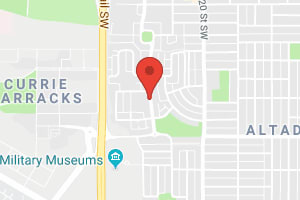
How we see Lycée international de Calgary
In Canada, “lycée” most typically references a relationship with the French ministry of education, and that’s true of Lycée international de Calgary. That’s of interest to French nationals, perhaps particularly, or to families expecting to move outside of Canada—say to France, for example—prior to the end of a student’s secondary career. Indeed, when the school was established in 1966, that’s exactly the community it was intending to address, and enrolment was reserved for the children of French nationals. Times have changed, and today most families that enrol at Lycée international de Calgary don’t fall into that narrow category. Rather, they are looking for a strong language program, one that is more robust than those found in public schools. They are also looking for a curriculum that is delivered through a different lens, one that is more cognizant of the diversity of the global community, and more reflective of a student’s place within that wider world. Certainly, Lycée international de Calgary provides all of that. The ideal student is one looking for a challenge and to learn within a diverse community of peers.
Compare with:
How Lycée international de Calgary sees itself
"Lycée international de Calgary is a private French school, part of a network of about 600 French schools in 140 countries worldwide. Offering full-day programs from Preschool to Grade 12, with small class sizes and bilingual learning, it is Calgary's only school accredited by both the French Ministry of Education and Alberta Education. Join us in providing a nurturing, inclusive, multicultural, and multilingual learning environment that empowers your child to thrive academically, socially, and culturally."



New in 2016, a state of the art climbing wall. This wall is challenges students from beginners to advanced climbers. All students are taught by a certified climbing instructor.

6000 sq ft gymnasium
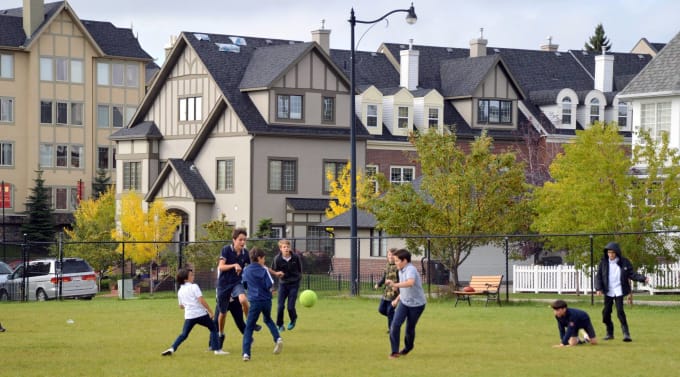
Large soccer field




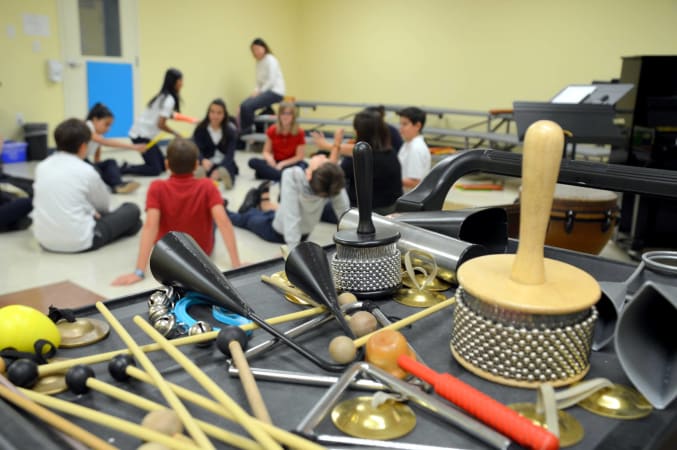
Music classes from Grades 1 to 9.
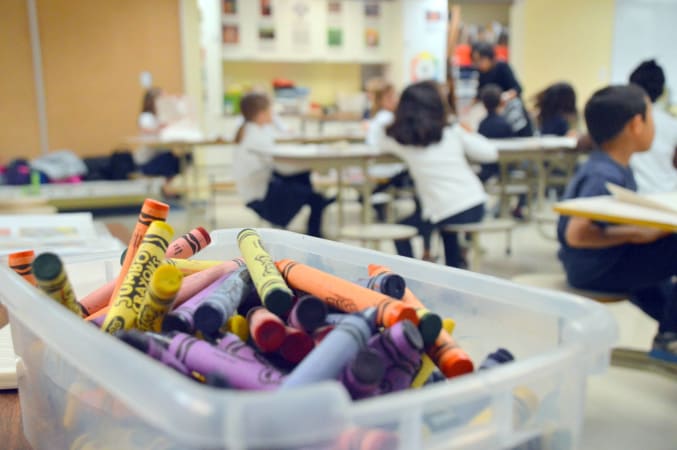
Art classes from Grades 1 to 9.



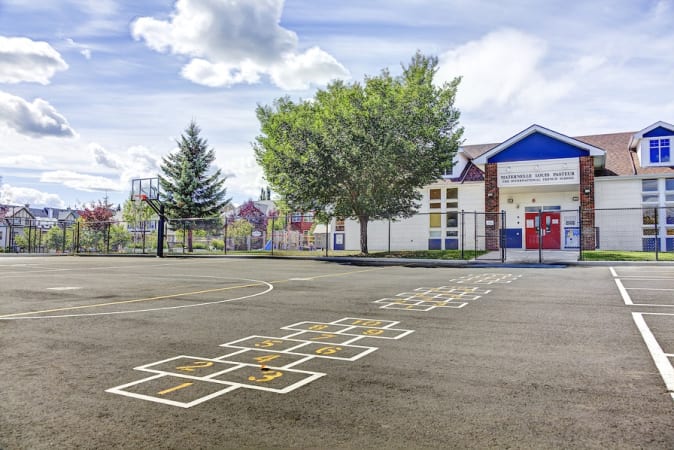
In 2000, the school relocated to its current location in the residential neighborhood of Garrison Woods.
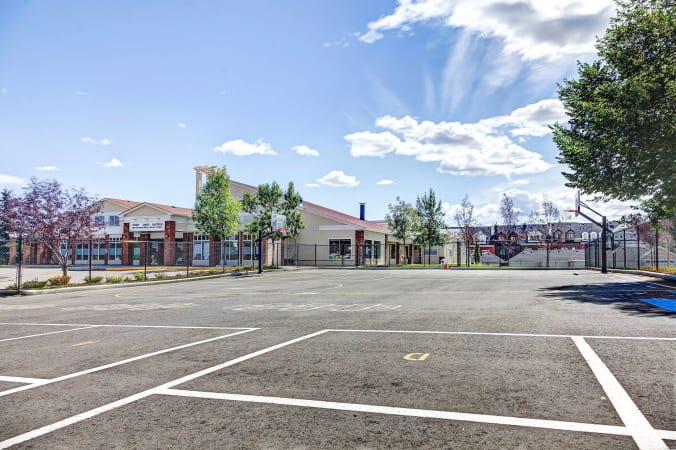

In May 2017, the school installed a new student designed playground.



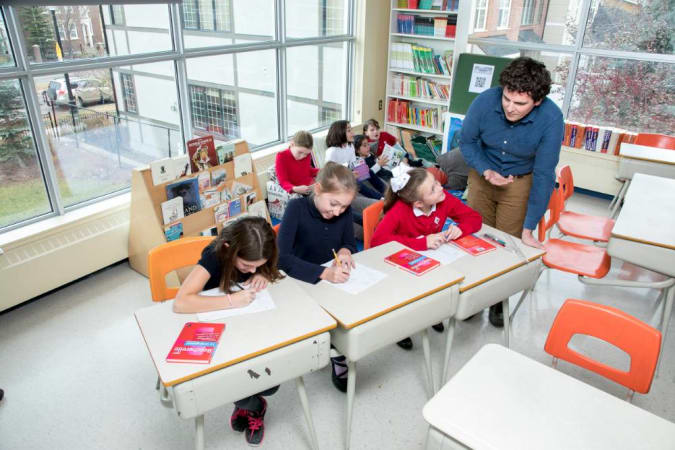
Elementary class hard at work!
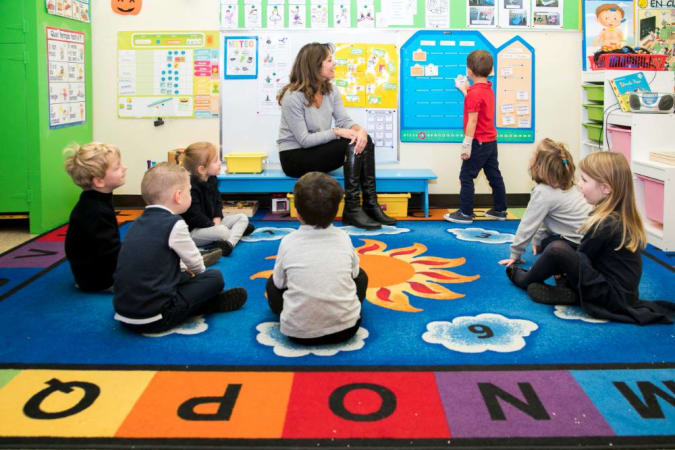
Preschool classroom

History and Geography classroom



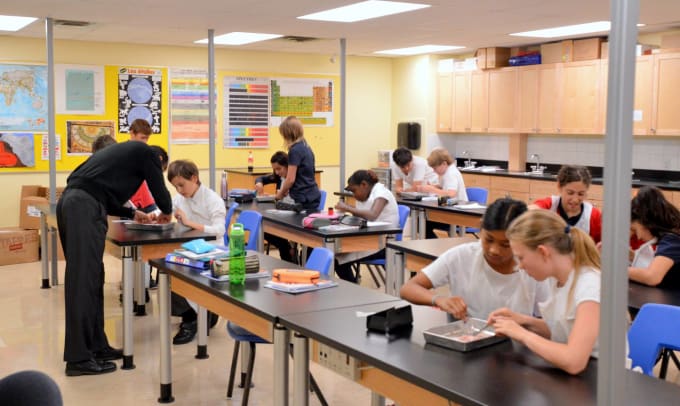
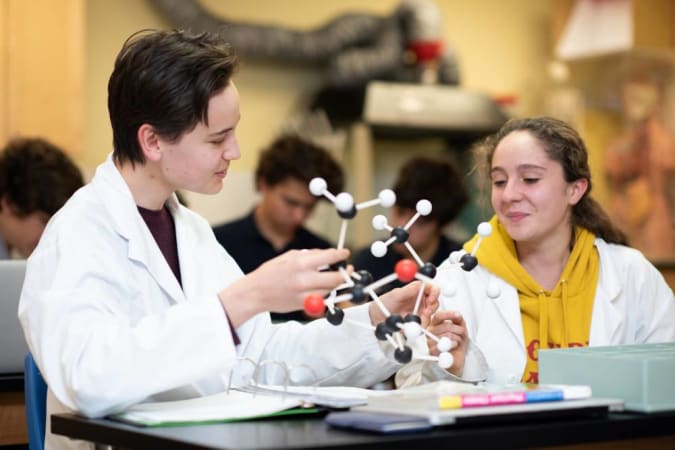

Our Science program is hands on!



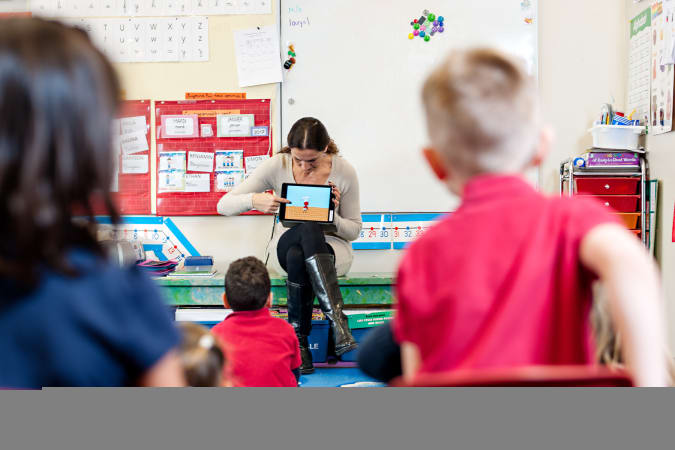
Three years old to Grade 5 have sets of iPads in their classes. Grade 6 to 8 have access to Mac laptop cart. Grade 9 to 12 are lent a personal Mac laptop during the school year.

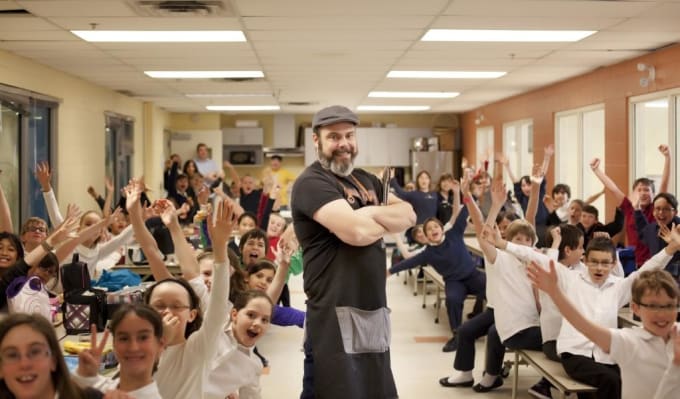
Lycée Louis Pasteur offers a nutritious hot lunch program for parents on the go!
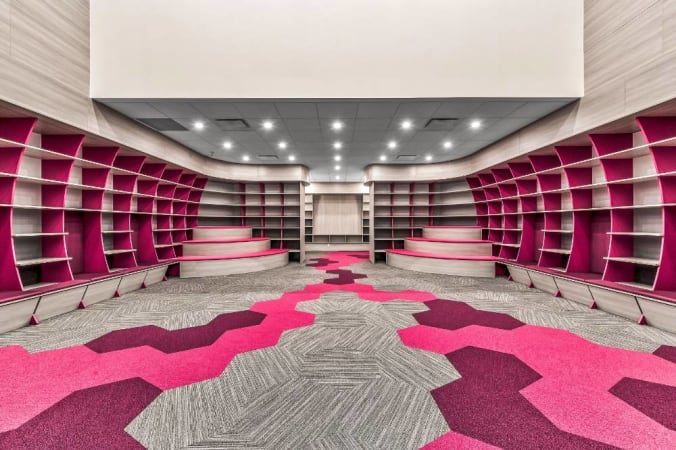
Brand new modern custom built library opened in March 2019!




How people from the school’s community see Lycée international de Calgary
Top-down influence on the school’s direction and tone

Frédéric Canadas, Head of School
Master in Education, DESS
Lycée international de Calgary is led by the Head of School, Frédéric Canadas.
Mr. Canadas holds a French teaching credential, a Bachelor’s degree in Science of Education, as well as a Master’s degree in Education (teaching French as a Second Language) and a DESS (Diplômes d'Études Supérieures Spécialisées - Post-Graduate Diploma), in creating and using multimedia resources for language learning.
He has over 30 years of experience in international, bilingual and French education, including many years of practice in multicultural and multilingual environments, in 7 countries and 4 different continents. Trilingual in French, English and Spanish, he has been a speaker, trainer and workshop leader in bilingual education best practices for teachers and administrators. Before coming to Lycée international de Calgary, he was the Head of School at Ecole Bilingue de Berkeley, United States, for 15 years.
Frédéric Canadas est titulaire d'un diplôme d'enseignement de l’éducation nationale française. Il possède une Licence en Sciences de l'Éducation, une Maîtrise de Français Langue Étrangère et un DESS (Master 2) de Concepteur Formateur Multimédia en Langues.
Il a plus de trente années d'expérience dans l’éducation internationale, bilingue et française, y compris plusieurs années de pratique dans des environnements multiculturels et multilingues, dans sept pays et quatre continents différents. Trilingue en français, anglais et espagnol, il a été conférencier, formateur et animateur d'ateliers sur les meilleures pratiques en matière d'éducation bilingue pour des enseignants ainsi que des Directeurs et Chefs d’établissements. Avant de se joindre à l’équipe du Lycée international de Calgary , il a dirigé l'École Bilingue de Berkeley, aux États-Unis, pendant quinze ans.
THE OUR KIDS REPORT: Lycée international de Calgary
Next steps to continue your research:
Continue researching Lycée international de Calgary with OurKids.net, or visit school website.